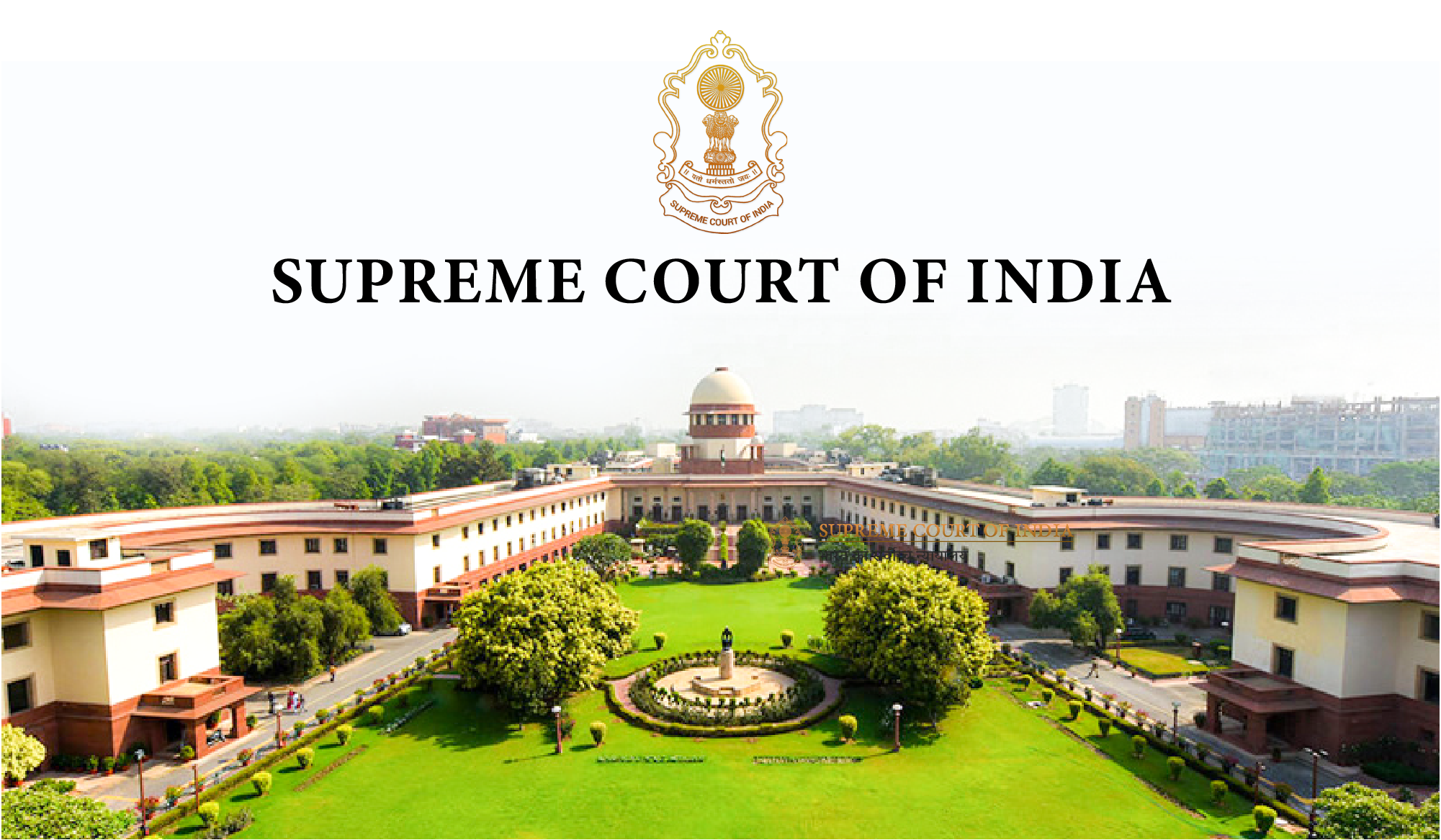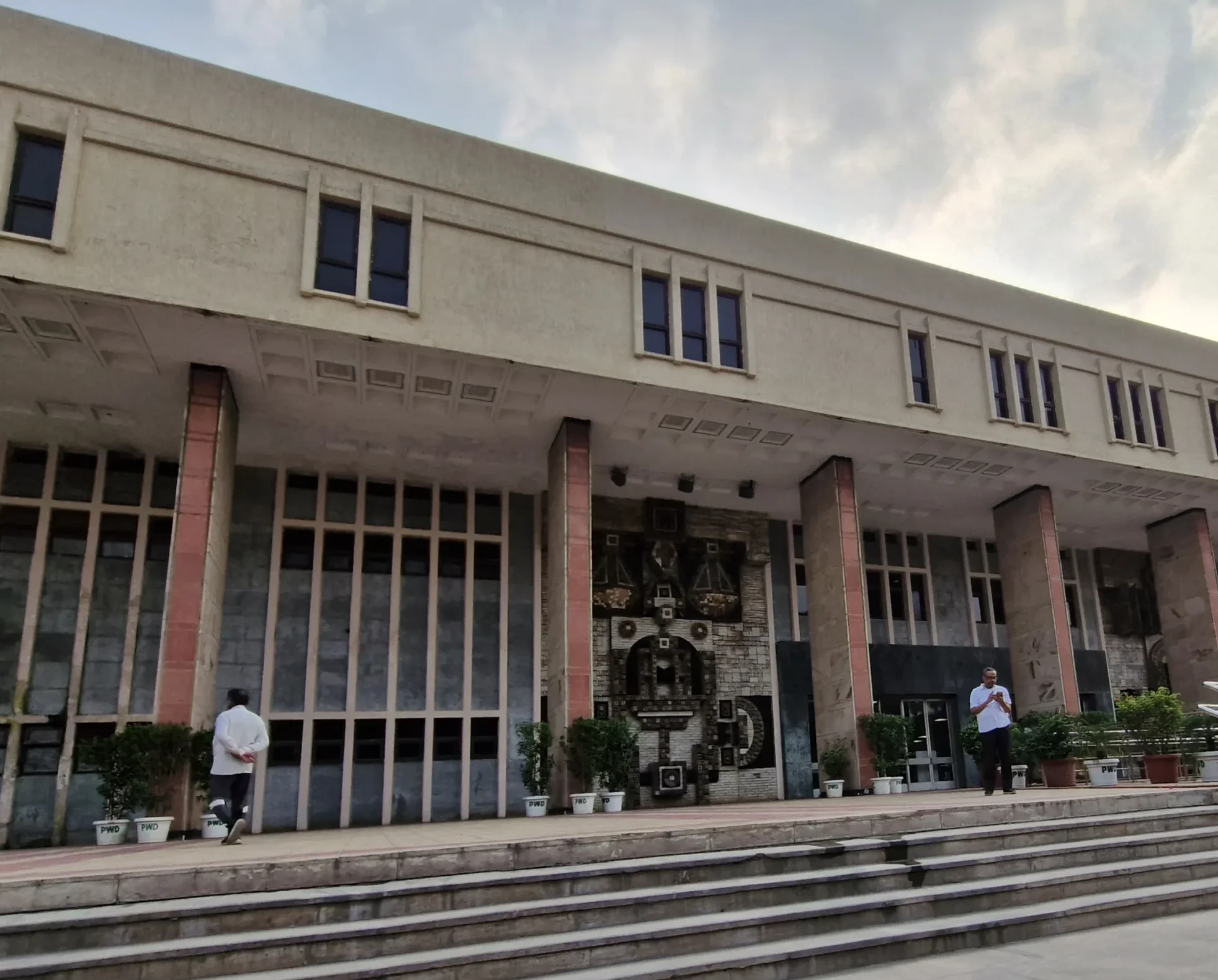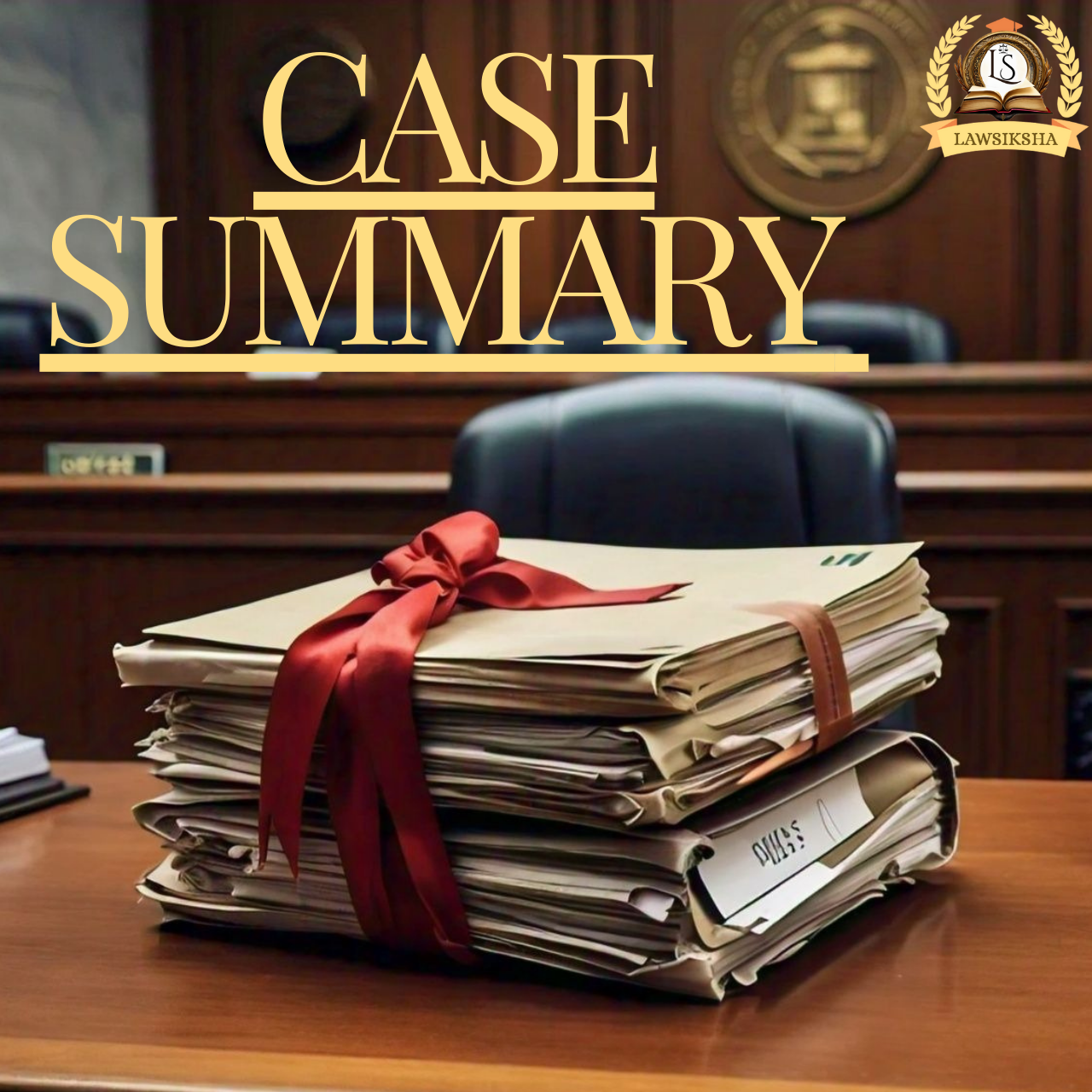Anti-conversion Law in India : Article 25 of constitution of India
Introduction
Anti-conversion laws are legislative measures aimed at regulating religious conversions, particularly those that are coerced, fraudulent, or induced by force. These laws have sparked significant debate, particularly in multi-religious societies like India, where religious freedom is constitutionally protected. While proponents argue that these laws prevent unethical conversions, critics contend that they infringe on personal freedoms and are often used to target religious minorities.
This article delves into the legal framework of anti-conversion laws in India and compares them with similar laws globally. It also examines relevant case laws, constitutional challenges, and the broader implications of these laws on religious freedom and human rights.
Anti-Conversion Laws in India
Legal Framework:
India does not have a central anti-conversion law. However, several states have enacted laws to regulate religious conversions. These laws are often referred to as “Freedom of Religion Acts.” The key states with such legislation include:
• Madhya Pradesh (1968)
• Odisha (1967)
• Gujarat (2003)
• Rajasthan (2006)
• Himachal Pradesh (2006, 2019)
• Uttar Pradesh (2020)
• Uttarakhand (2018)
These laws typically require individuals who wish to convert from one religion to another to notify government authorities in advance. The laws also mandate the investigation of conversions to ensure that they are voluntary and not induced by fraud, force, or allurement.
Case Laws and Judicial Interpretation:
The constitutionality of anti-conversion laws has been challenged several times in Indian courts. One of the landmark cases is Stanley v. State of Madhya Pradesh (1977), where the Madhya Pradesh High Court upheld the state’s anti-conversion law, stating that the right to propagate religion does not include the right to convert others.
In Rev. Stainislaus v. State of Madhya Pradesh (1977), the Supreme Court of India upheld the anti-conversion laws of Madhya Pradesh and Odisha, stating that the right to religious freedom does not include the right to convert another person to one’s own religion.
In contrast, in Lily Thomas v. Union of India (2000), the Supreme Court observed that conversion by force or fraud is an offense under Indian law, highlighting the balance between the right to religious freedom and the state’s interest in preventing forced conversions.
Comparative Analysis: Anti-Conversion Laws Around the World
United States:
The U.S. does not have any specific anti-conversion laws. The First Amendment of the U.S. Constitution guarantees the free exercise of religion, and any law restricting religious conversion would likely be struck down as unconstitutional. The U.S. Supreme Court has consistently upheld the right to freely change one’s religion, as seen in cases like Cantwell v. Connecticut (1940).
European Countries:
Most European nations do not have specific anti-conversion laws, as they are bound by the European Convention on Human Rights (ECHR), which protects the right to freedom of thought, conscience, and religion. However, some countries, like Greece, have historical laws restricting proselytization, but these are often criticized and challenged in courts.
Middle Eastern Countries:
In many Islamic countries, conversion from Islam to another religion is considered apostasy and is punishable under Sharia law. For example, in Saudi Arabia and Iran, apostasy can result in severe penalties, including death. These laws, however, conflict with international human rights standards, particularly the right to freedom of religion.
South Asia:
Countries like Nepal and Bhutan have laws that criminalize forced conversions. Nepal’s constitution, for instance, prohibits any act that may cause a person to change religion, emphasizing the protection of traditional religions.
Constitutional Challenges and Human Rights Concerns
India:
In India, the primary constitutional challenge to anti-conversion laws revolves around the interpretation of Article 25, which guarantees the freedom of conscience and the right to freely profess, practice, and propagate religion. Critics argue that anti-conversion laws violate this fundamental right by imposing unreasonable restrictions on religious conversions.
Furthermore, the laws have been criticized for being vague and overbroad, leading to their misuse against religious minorities, particularly Christians and Muslims. The lack of a uniform definition of what constitutes “force,” “fraud,” or “allurement” in these laws often results in arbitrary enforcement.
International Perspective:
International human rights law, particularly the Universal Declaration of Human Rights (UDHR) and the International Covenant on Civil and Political Rights (ICCPR), protects the right to freedom of religion, including the right to change one’s religion. The UN Special Rapporteur on Freedom of Religion or Belief has expressed concerns over anti-conversion laws, stating that they often violate international human rights standards.
Conclusion
Anti-conversion laws present a complex interplay between the state’s interest in maintaining public order and an individual’s right to religious freedom. In India, these laws have sparked significant legal and political debate, with various stakeholders arguing for and against their necessity.
While the intent behind anti-conversion laws may be to prevent coercive conversions, their implementation often raises concerns about religious freedom and human rights. The challenge lies in striking a balance between protecting vulnerable populations from unethical conversions and ensuring that individuals retain their fundamental right to choose and change their religion.
Globally, the existence and enforcement of anti-conversion laws vary significantly, reflecting the diverse cultural, religious, and legal landscapes across countries. However, in a world that increasingly values individual rights and freedoms, the trend is towards greater protection of the right to religious choice, free from state interference.
As societies evolve and the legal landscape continues to change, the debate over anti-conversion laws will likely remain a contentious issue, requiring constant vigilance to ensure that the balance between state interests and individual freedoms is maintained












Leave a Reply